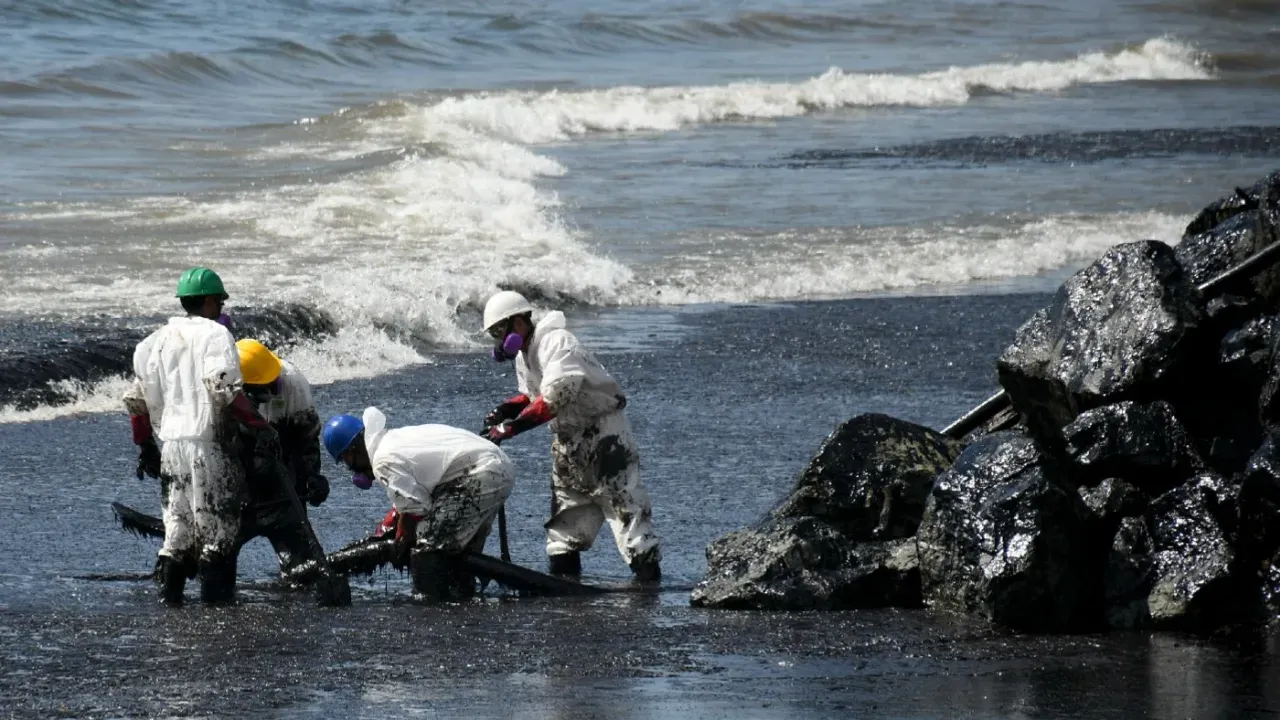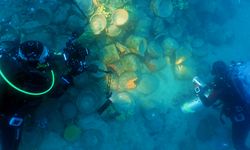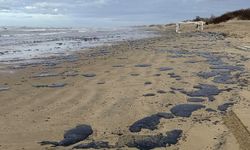The spill, initially spotted by Trinidad and Tobago's coast guard on Feb. 7, occurred approximately 6 kilometers off the coast of Studley Park, as revealed by Farley Augustine, the chief secretary of Tobago's national assembly, during a press conference on Sunday.
Efforts to mitigate the impact of the spill have been underway, with the installation of barriers to contain the spreading oil, which had already extended in a 12-kilometer line earlier this week. Priority measures include safeguarding the Scarborough port in Tobago, crucial for cruise ship operations, particularly during the vibrant Carnival season.
First responders have been diligently working to contain the spill, adapt to changing tides, protect surrounding areas, clean affected beaches, deploy divers, isolate toxic material, and assess the impact on wildlife, according to statements from officials and media reports.
Addressing the severity of the situation, Prime Minister Keith Rowley declared a national emergency in Trinidad and Tobago on Sunday, attributing the spill to a vessel named "the Gulfstream" that had capsized and made contact with a reef on the coastline.
While officials have identified the vessel, further investigation into its owner, operator, and the source of the leak is ongoing. Reuters identified at least three ships with similar names, all with offline transponders, according to LSEG vessel monitoring data.
Highlighting the potential magnitude of the incident, Rowley emphasized that the spill could have been much worse, with the possibility of reaching the Scarborough port if the collision had occurred further east, or impacting a key marine park if it had happened further west.
An initial assessment indicates a limited impact on local wildlife, offering a glimpse of relief amidst the ongoing response efforts, as noted by Chief Secretary Farley Augustine.
To aid in the investigation and cleanup, energy companies operating in the region, including British BP BP.L, have stepped up by providing essential equipment such as remotely operated vehicles, according to Energy Minister Stuart Young.






